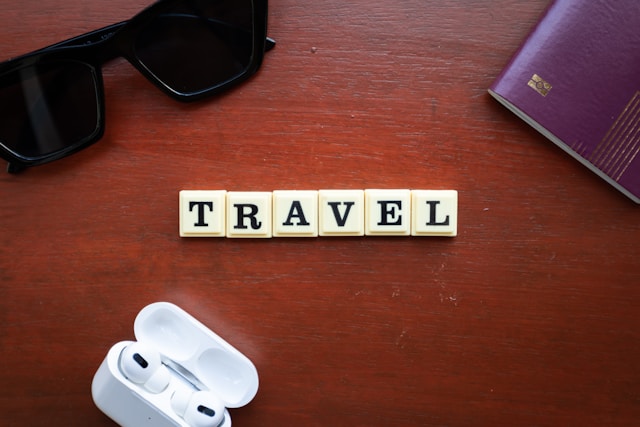Traveling opens doors to new experiences, cultures, and connections. But along with the excitement of exploring new destinations comes the responsibility of practicing good travel etiquette. Whether you’re catching a short domestic flight, staying in a boutique hotel, or exploring a foreign country, the way you conduct yourself impacts not only your own trip but also the people around you.
Understanding travel etiquette helps you navigate airports smoothly, respect local cultures, and ensure positive interactions with fellow travelers and locals. Let’s explore the essential etiquette tips every traveler should know.
General Travel Etiquette Every Traveler Should Follow
At Airports and on Flights
Airports and airplanes are shared spaces where patience and courtesy make a big difference. Respect the boarding process by waiting for your group to be called, avoid blocking aisles when arranging luggage, and be mindful of personal space in crowded areas. On the plane, keep your voice low, manage your carry-on baggage responsibly, and avoid reclining your seat abruptly.
Hotels and Accommodations
When staying in hotels or rentals, good manners go a long way. Treat staff with respect, follow check-in and check-out times, and keep noise levels down so other guests can enjoy their stay. If you’re in shared accommodations or hostels, practice extra consideration by cleaning up after yourself and respecting quiet hours.
Public Transport
Public transportation etiquette varies from city to city, but some rules are universal: give up your seat for those in need, avoid blocking doors, and keep luggage compact and out of the way. If you’re listening to music or watching videos, always use headphones.
Cultural Etiquette Abroad
One of the most important aspects of travel etiquette is cultural awareness. What might be normal in one country can be considered rude in another.
-
Do your research before visiting a new destination. Even learning a few basic greetings in the local language shows respect.
-
Dress appropriately, especially when visiting religious or cultural sites. In many countries, modest clothing is expected.
-
Respect dining customs: in some cultures, tipping is mandatory, while in others it may be unusual. Pay attention to table manners, such as how food is eaten or shared.
-
Mind gestures and body language: certain hand signs or actions that are harmless at home might have offensive meanings abroad.
By respecting cultural etiquette when traveling, you’ll not only avoid misunderstandings but also build stronger connections with locals.
Digital Etiquette While Traveling
In today’s connected world, digital behavior is part of travel etiquette too. Avoid talking loudly on your phone in public spaces or airports, and never play music or videos out loud without headphones. Be mindful when taking photos always ask permission before photographing people, and be sensitive around sacred or private places.
Responsible social media sharing is also important. Overposting or tagging sensitive locations can sometimes contribute to over-tourism or put local communities at risk. Share thoughtfully and respectfully.
Environmental and Responsible Tourism Etiquette
Good travel manners extend beyond people they also include the environment. Responsible tourism means leaving places as beautiful as you found them.
-
Dispose of waste properly and avoid single-use plastics where possible.
-
Stick to designated paths when hiking to protect wildlife and landscapes.
-
Avoid disturbing animals for photos or souvenirs.
-
Support local businesses ethically by buying authentic goods rather than mass-produced trinkets.
Practicing environmental etiquette ensures that future travelers can enjoy the same destinations without harm.
Why Travel Etiquette Matters
Practicing good travel etiquette isn’t just about avoiding awkward moments it’s about showing respect. Respect for people, cultures, and the environment enhances your travel experience and reflects positively on you as a guest.
By being considerate, you:
-
Make journeys more enjoyable for yourself and others.
-
Earn appreciation from locals and fellow travelers.
-
Create opportunities for meaningful cultural exchange.
-
Help protect destinations for future generations.
Final Thoughts
Travel etiquette may seem like a collection of small habits, but together, they shape how we experience the world and how the world experiences us. From simple gestures like saying “thank you” to being mindful of cultural traditions, practicing good manners ensures smoother, more enjoyable journeys.









